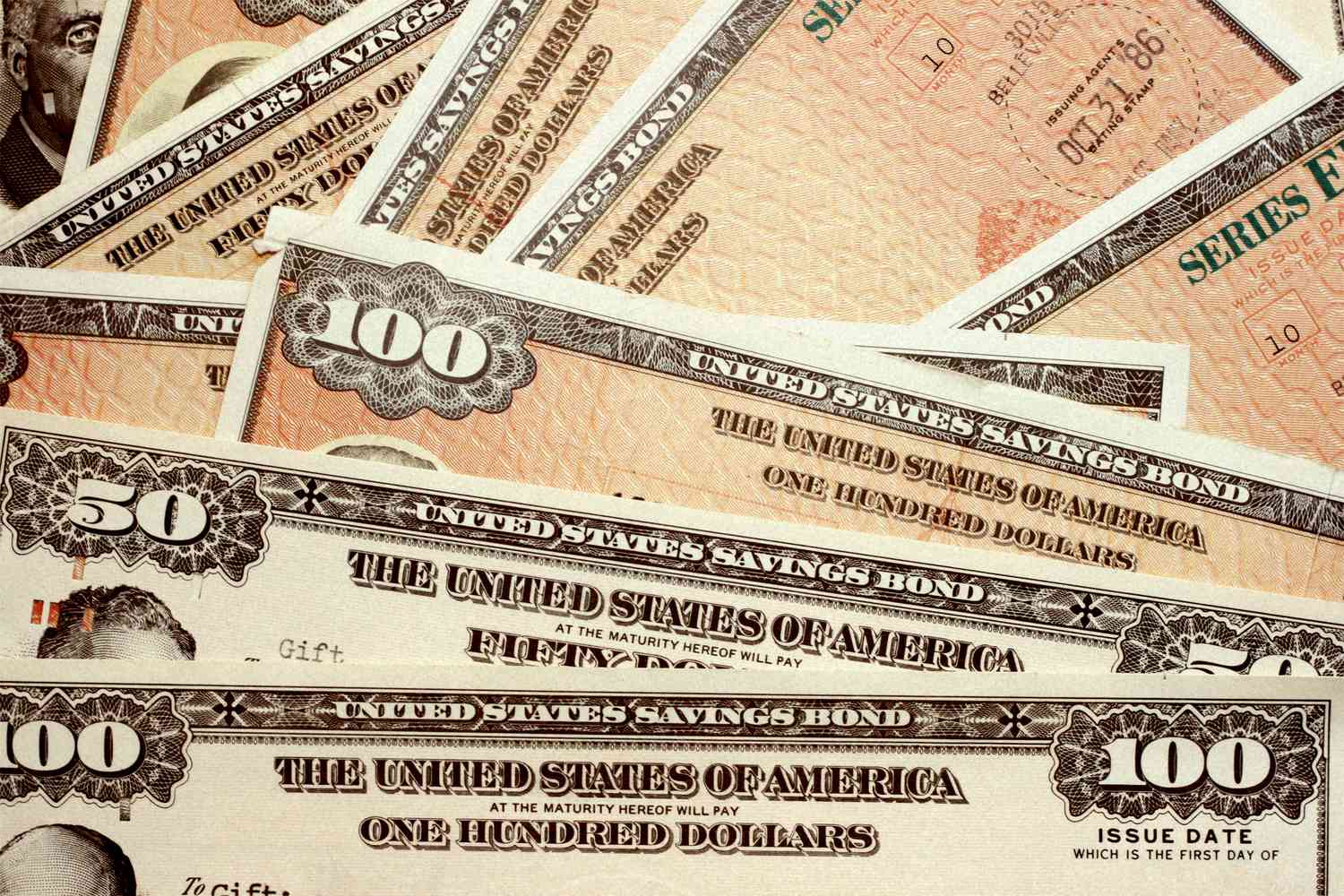US Treasury Bond; NEW YORK, 21 JUNE (Reuters) – A boom in Treasury bill supply is forecast, which could stymie hedge fund transactions that have resulted in record short positions, possibly .
Analysts say hedge funds have taken significant short leveraged positions in some Treasuries futures – contracts (US Treasury) for the purchase and sale of bonds for future delivery – in recent weeks as part of a basis trade that exploits a difference in the price of cash bonds and futures.
New government bond issuance, on the other hand, might raise rates in short-term financing markets (US Treasury) where hedge funds leverage their holdings, potentially leading to an unwind of this posture. Analysts have warned that this might put pressure .
“This could be one risk to that kind of trade developing that forces a lot of these funds to close these basis trades and then create shock waves throughout the market,”.
US Treasury Bond:

The recent conclusion of the US battle over raising the debt ceiling means that Treasury bill sales are expected to reach $1 trillion by the end of the year when the Treasury General Account (TGA) is replenished. In general, a spike in government borrowing depletes .
This situation might result in a rate increase in the repurchase agreement (repo) market, similar to what occurred in September 2019. When reserves fell, the cost for banks and other market participants to raise overnight loans to support their trades increased,.
According to Steven Zeng, U.S. rates strategist at Deutsche Bank, “less liquidity could mean a shift in the supply and demand of the repo market,”.
In such situation, he warned, a big but orderly liquidation of hedge funds‘ Treasuries bets might push rates higher relative to other fixed-income products. .
To be sure, the probability of liquidity drain would be reduced if money market funds reduced their investments in the Fed’s reverse repo facility (RRP),
However, some experts are concerned that bank reserves would fall if Treasury bills do not provide greater yields than the RRP or if prospects of more interest rate .
Last week, US Treasury Secretary Janet Yellen stated that her agency was looking for evidence of market disturbances while the government rebuilt.
Fed Chair Jerome Powell also stated at a news conference last week that the Fed will “carefully monitor market conditions.
BASIS TRADE

Relative value hedge funds and macro managers are examples of hedge funds that engage in basis trades, which include selling a futures contract, purchasing Treasuries deliverable into that contract using repo funding, and delivering them at contract expiration. The unwinding of basis trade positions contributed to illiquidity.
Data from the Commodity Futures Trading Commission (CFTC) at the end of May indicated that speculators‘ negative bets on US Treasury two-year, five-year, and 10-year bonds had reached their highest level ever. While some of those shorts have been reduced,

“Quantitative hedge funds have been shorting Treasuries because trend models continue to indicate a price decline, and discretionary hedge funds see negatives such as inflation, a tight labour market, and a hawkish Fed,” .
However, other experts believe that the recent increase in shorts was due to an arbitrage opportunity rather than speculators’ wagers on the direction of rates.
Shorts accumulation has correlated with greater usage of the repo market.
On June 1, SOFR volume surpassed $1.6 trillion, the biggest since the New York Fed began publishing the rate in 2018.
